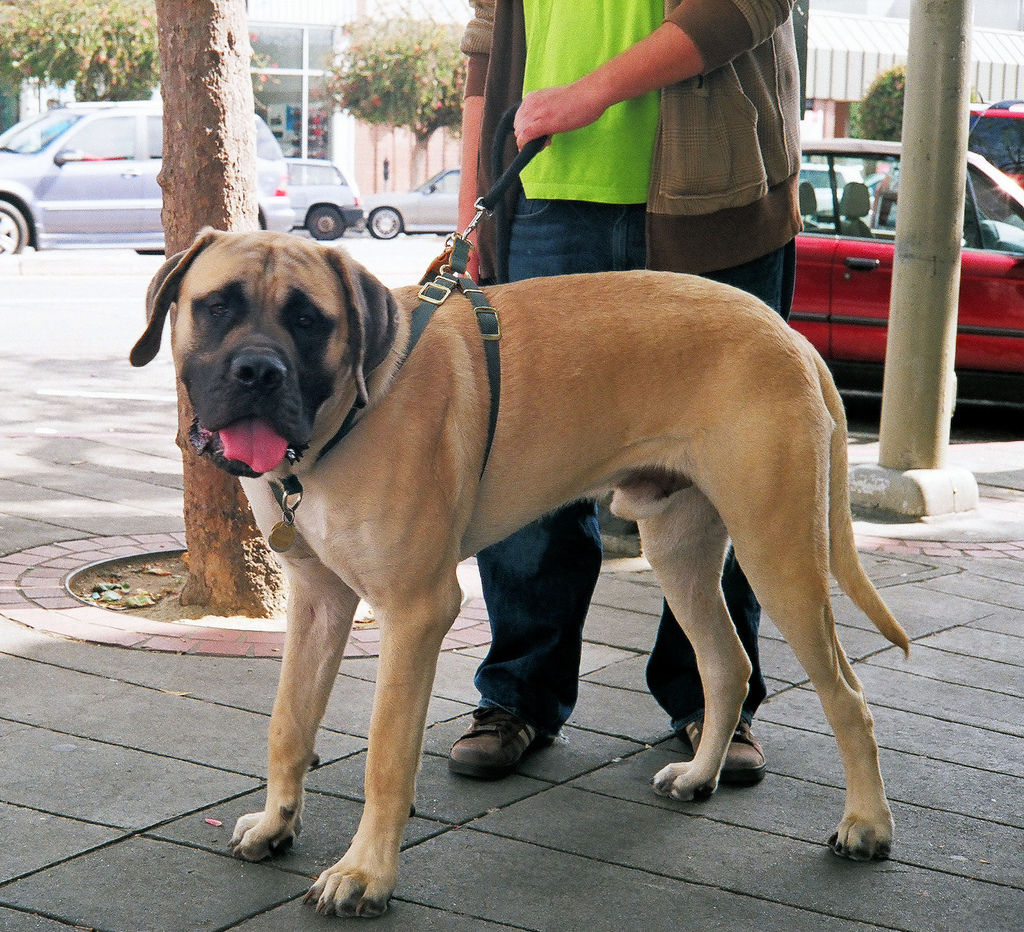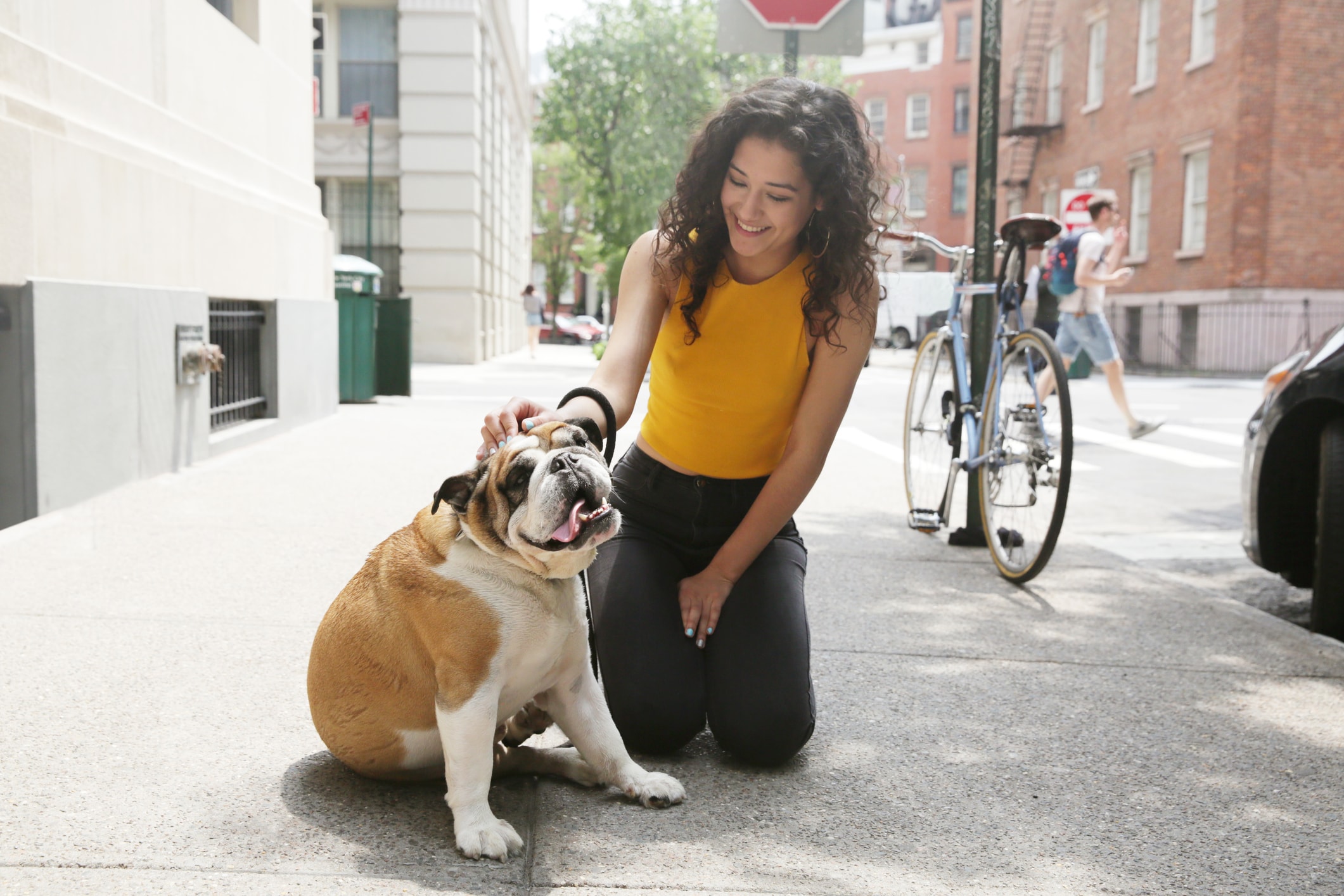You may remember the unique scent of your grandparents, a stark contrast to the distinct smells of teenage boys or newborn babies. That smell might have been a combination of their favorite perfume or pipe smoke and nonenal, a compound that forms naturally as skin ages. While not all older adults smell the same, most experience some changes in body odor over time. Nonenal is a key factor in these changes, and while it’s a normal part of aging, it can sometimes lead to concern or curiosity from family members and caregivers.
“As we age, our ability to smell becomes compromised,” explains Dr. Pamela Dalton, an experimental psychologist at the Monell Chemical Senses Center, the world’s only independent research institute dedicated to studying the senses of taste and smell. “COVID-19 is not the only virus that has caused people to lose their ability to smell; head trauma, chronic sinusitis, nasal polyps, toxic exposures and neurodegenerative diseases like Alzheimers and Parkinson’s can all reduce or eliminate our ability to smell.”
Although nonenal is a natural part of aging, there are steps you can take to minimize its effects and stay smelling fresh at any age. Ahead, we’ll explore the science behind this phenomenon and share tips to help you feel more confident and comfortable.
What causes nonenal?
Your body odor is unique, shaped by several factors, including your genetics, diet and age. “Starting at about age 40, human bodies begin to subtly change the way that omega-7 unsaturated fatty acids on the skin are degraded,” explains Dr. Shashikant Singh of Cachet Pharma. This degradation process is what creates the nonenal smell. As these fatty acids interact with oxygen, they produce nonenal, a compound that can cause the distinctive “grassy” or “waxy” odor associated with aging.
The presence of nonenal is not linked to cleanliness, according to a study published in the Journal of Investigative Dermatology.
It’s important to remember that this change is completely normal and happens to everyone, regardless of their hygiene habits. The presence of nonenal is not linked to cleanliness, according to a study published in the Journal of Investigative Dermatology. And because it’s water-repellent, nonenal doesn’t wash away easily with regular soap and water. However, as Dr. Dalton explains, “Older people tend not to bathe as frequently, and in some cases, may not wash their clothing as often, so this immune-mediated odor can persist and become more salient.”
This can make the odor seem more noticeable, but it’s simply a result of how skin and body chemistry change over time. Many personal care products designed for aging skin focus on masking this smell, but knowing how it develops helps you take more targeted actions to manage it.
Other factors that can affect body odor in older adults
Nonenal isn’t the only reason why body odor changes as we age. A number of other factors can play a role:
Age-related loss of smell (presbyosmia)
Your sense of smell diminishes as you age, making it harder to notice personal odor. A study in the Journal of the American Geriatrics Society found that nearly 3,000 adults aged 57-85 struggled to identify common odors such as peppermint, fish and leather, with about 10% recognizing only one or none.
This loss of smell can also explain why many older adults report that food tastes bland and can even lead to safety issues, like being unaware of gas leaks. The decrease in smell also means many older adults may not realize when their body odor has changed — which can be an early sign of dementia.
Before COVID-19, it was rare for healthcare providers to even ask about a patient’s sense of smell. Historically, tests have been expensive and time-consuming to administer, but Dr. Dalton and her research team recently developed SCENTinel, a two-minute scratch-and-sniff test that directly tests one’s ability to smell a set of common odors.
“SCENTinel is currently being used in clinical studies but not in general use in the clinic yet,” she says. “We hope that the availability of a short self-administered smell test will be used on a yearly basis to track one’s ability to smell and alert individuals, their caregivers and physicians to any underlying condition that is responsible when there is a sudden or even a gradual shift in their ability.”
Medical conditions
Chronic illnesses such as diabetes and kidney disease can change the way your body smells. For instance, diabetics can produce a “rotten apple” smell due to ketones, while those with kidney disease may have a “fishy” odor. Research published in Diabetes Research and Clinical Practice and Bioanalysis confirms these scent changes linked to metabolic processes.
Hormonal changes
Many women going through menopause often notice stronger body odor due to hormonal shifts, like a decrease in estrogen and an increase in testosterone. This can cause more sweat production, which can lead to more bacteria and stronger body odor.
Diet and lifestyle
What you eat and drink plays a big role in body odor. Spicy foods, alcohol and even smoking can intensify your natural scent. Foods rich in sulfur, like garlic and onions, release compounds through your pores and can add to the existing odor. Drinking alcohol can also affect body odor because your body metabolizes alcohol and releases it through your sweat, leading to a sour smell.
Environmental factors
Assisted living facilities often have distinct smells due to factors like incontinence, disinfectants and nonenal. Poor indoor air quality (IAQ) can worsen the issue. And, while they might operate like medical facilities, assisted living facilities’ IAQ is not regulated in the same way. Keeping rooms well-ventilated and ensuring fresh air circulates can reduce the build-up of these odors, making living spaces more comfortable.
Tips for managing and reducing nonenal
If you or your senior loved one are concerned about body odor, here are some practical tips to help manage the natural odor of aging:
1. Practice good personal hygiene
Regular bathing is key to reducing body odor. Use a mild soap and focus on key areas like behind the ears, underarms, groin and neck, where sweat and bacteria tend to accumulate. According to Koko Hayashi, author of Less is More, these areas require special attention to combat nonenal and other odors.
If you or your senior loved one has trouble with mobility, set up a safe bathing routine. This might include sponge baths, using grab bars for stability or asking for help with showering.
2. Create a clean and comfortable environment
Make sure your living space is clean and well-ventilated. Regularly wash linens and clothing, check for spoiled food and air out the home frequently to prevent the smell from lingering. Opening windows or using air purifiers can help maintain a fresh environment.
3. Eat foods rich in antioxidants
A balanced diet filled with fruits, vegetables and whole grains can help reduce odorous compounds in your body. Avoiding heavily processed foods and those high in sugar can also improve overall body odor.
4. Address dental hygiene
Regular dental checkups and proper denture care help prevent bad breath, which can contribute to overall body odor. According to the Journal of the American Dental Association, about 1 in 5 adults aged 65 or older have untreated tooth decay, so checkups are important for identifying issues like bad breath. Make sure you brush your teeth and tongue at least twice a day and floss regularly to maintain good oral health.
5. Seek help when needed
Find an in-home caregiver.
If you’re struggling with daily tasks like bathing or cleaning, consider in-home care services. “Many older adults want to maintain their independence, but it’s important to recognize when extra help is needed,” says Marlo Capoccia, a registered nurse from Ithaca, New York. “When I met people in the hospital who had an odor, it was often because their ability to care for themselves was diminishing and they did not have proper support at home or even in long term care facilities.”
The emotional impact of body odor
The societal stigma surrounding body odor, particularly “old person smell,” can lead to feelings of embarrassment and shame, but it’s important to understand that it’s a normal part of getting older. While some people may find the scent unpleasant, a 2012 study out of Monell found people generally don’t mind the smell associated with older people and often associate these odors with fond memories of their grandparents or parents. These findings suggest that body odor related to aging doesn’t carry the same negative associations for most people as other types of body odor.
“Our odor memories are complex, but smell is typically the cue that brings other significant pieces of memory to conscious awareness.”
—Dr. Pamela Dalton, experimental psychologist at the Monell Chemical Senses Center
“Our odor memories are complex, but smell is typically the cue that brings other significant pieces of memory to conscious awareness,” Dr. Dalton explains. As such, she says these odors have the “unparalleled power to elicit not only the memory, but the emotion that was present in that moment.” This means that a familiar scent can bring back feelings of love, warmth and family moments shared together.
It’s important to approach the issue of body odor with understanding and kindness. Many older adults may feel embarrassed about it, but caregivers and family members can help by offering support and reassurance.
The bottom line
The research around body odor in older adults not only deepens our understanding of the aging process but also opens up conversations about how we perceive and respond to natural changes in our bodies. While you can’t stop natural changes like nonenal, you can take simple steps — like focusing on good hygiene, maintaining a clean home and asking for help when needed — to manage them.
Embrace the changes that come with aging and approach them with confidence — after all, these changes are a part of life, and you deserve to enjoy every stage of it.





